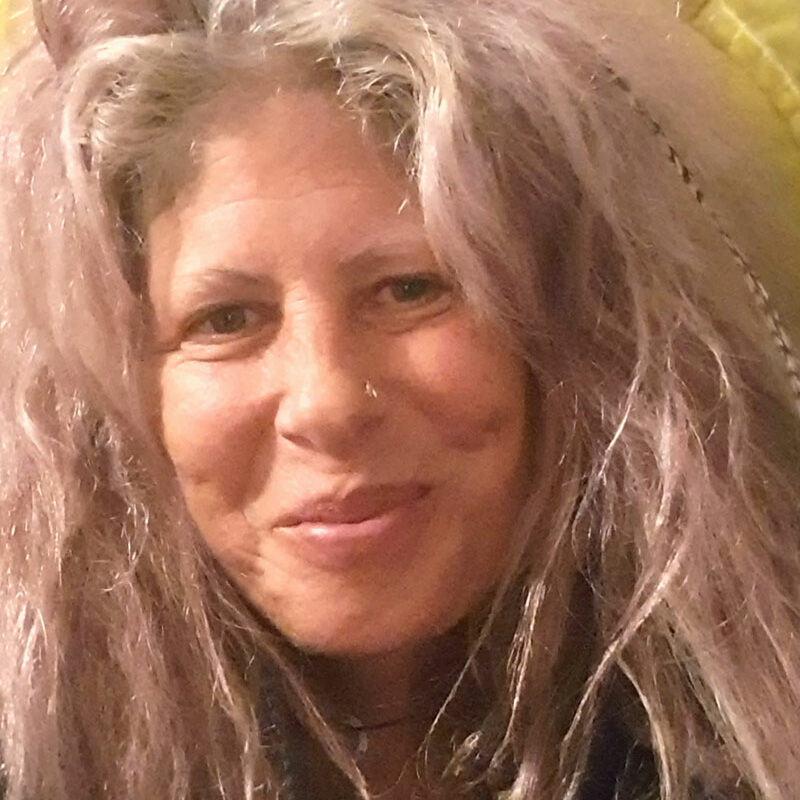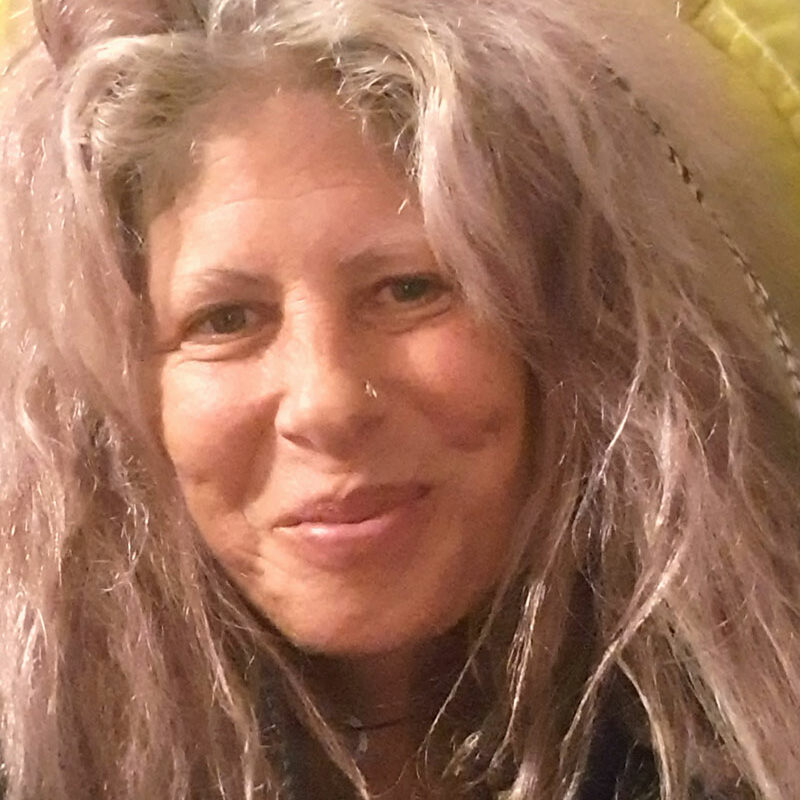A deep, creative and transformative process, which supports you through your holistic awakening journey and individual personal health revolution
On Being Human
On Being Human
‘On Being Human’ by Nigel Summerley and Rowena J Ronson
RJR: I am just back from the One World Festival and I was struck by how friendly people were! We all shared a smile as we crossed each other’s path, it was almost a shock at the beginning. It started to make me think how strange the reverse is in terms of how we live the rest of our lives. We walk along London roads completely closed to those around us. We cram ourselves in carriages on the tube, breathing each other in, but not uttering a word or exchanging a glance. How has this become the norm?
NS: This is not exclusively a London experience. It can happen also in the country – anywhere. And in London, you can live in a neighbourhood where people are friendly and do speak to each other. But generally, we increasingly don’t speak to each other – or even acknowledge each other. At the same time many of us are wrapped up in phone and email conversations as we move among those we are not speaking to. So we ARE communicating and NOT communicating at the same time. Is it us or technology that is to blame? Or just increased population?
RJR: Interesting points Nigel. Mobile phones seem to have become many people’s companion as they walk along the road. I was behind a woman yesterday in St Albans, and I could tell you had no issue with crawling along while scrolling pages on her phone, regardless of how busy the high street was or that she was holding others up. She was in her own bubble and no one else mattered. So I do think mobiles play a part in it, even if we are not communicating with someone while walking, we can so easily not be present. And I guess maybe there is something in that. When we are on a busy tube, do we ignore others because we really do not want to be present? Is the experience too unbearable? Watching people on busy streets passing each other by without a thought or glance, it is almost surreal, and this is how we were as humans way before mobile telephones….
NS: Yes, mobile phones used like this are perhaps a red herring – or a symptom of what you are talking about. Fundamentally, it seems that we don’t talk to each other on the tube etc, partly because we are stressed and engrossed in our own stuff – but perhaps mainly because we don’t know each other. We tend not to talk to ‘strangers’. Previous generations – in a world without so many people – did seem to talk to each other more. But apart from there being so many of us now, there is also an element of fear, isn’t there? You don’t know what might happen if you do speak to a ‘stranger’.
RJR: I think you are spot on about the issue of ‘so many people’. I think it brings out a sense of overwhelm and a need to disconnect and retreat into our own bubbles. I guess it is a survival mechanism. I am not so sure if it is a conscious a process as fear of what might happen but maybe there is an element of that for some too. I have spoken to several people recently who say that they just cannot cope with travelling in and around London anymore by tube. They feel it is such a huge zap on their energy for which they take several hours if not a day or so to recover. This is not something that they have experienced in the past. Can you relate to this?
NS: The tube in rush hour is one of the most potent reminders of how overcrowded we are – and also the epitome of the stress of city life. It’s not surprising that we retreat into our bubble – and perhaps become increasingly careful about whom we allow to have access to that bubble. But the more we are estranged from each other, the easier it is, it seems, for things to break down. It must, in most cases, be easier to be violent towards a stranger than towards someone you know. And doesn’t this potential explosion of violence in an overcrowded environment apply as much to the world as it does to the city?
RJR: I guess it does. It is interesting that you have brought violence into the equation. Tell me what made you make the link?
NS: City life is the proverbial ‘rat trap’ – and on the tube we are overcrowded and stressed and hemmed in by strangers. In these circumstances animals are more likely to fight each other for survival.
RJR: And by being forced to use the reptilian part of our brain, do we become less in touch with our humanity?
NS: That could be a chicken-and-egg situation – we may lose touch with our humanity and then resort to basic violence. If we dehumanise everyone around us, then violence becomes easier. So is there anything we can do to focus on the fact that ‘strangers’ are similar to ourselves?
RJR: Be conscious? But I am not sure that is the point is it? Our consciousness tends to go out the window of the train as our need for self protection has a louder calling.
NS: Perhaps being conscious would allow us to risk losing whatever it is that we think is so important that we tend to protect it at all costs?
RJR: I wonder if we can bring others into our discussion? Double Takers, what do you think?

Rowena J Ronson
Rowena J Ronson Shape-Shifter Intuitive Natural Medicine Healer Homeopath Counsellor Functional Medicine Individuals, Relationships & Families For You

